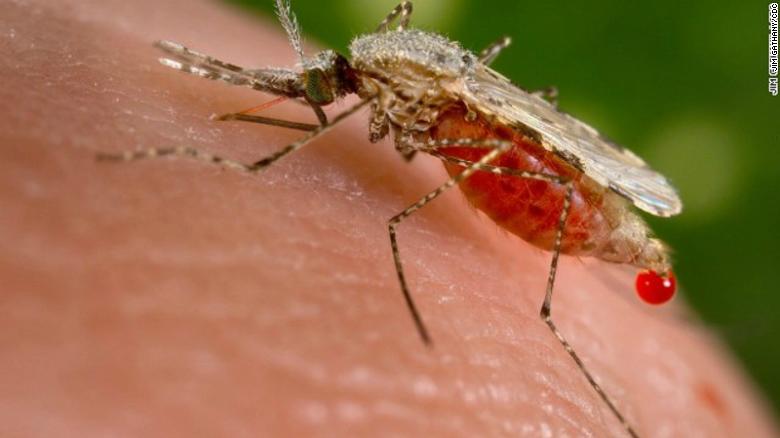Bangladesh hit by worst dengue outbreak on record

Eight people have died since January and more than 13,600 patients have been diagnosed with the mosquito-borne fever so far this year, with 8,348 cases, or more than half, coming in the month of July — a sharp increase from the 1,820 cases in June and 184 cases in May this year, according to official figures.”Since we started keeping record of dengue cases, which is from 2000, this is the worst dengue outbreak we have seen in Bangladesh,” said Ayesha Akhter, assistant director at the Directorate General of Health Services told CNN.More than 50 districts across the country have been affected, but the Bangladeshi capital of Dhaka — home to more than 20 million people — is the worst-hit city in the country, said Akhter, with some hospitals struggling to find space for patients. “We are making sure all the government and private hospitals have all the resources to tackle this outbreak. We have opened a special section at Dhaka Medical College Hospital for dengue patients,” said Akhter. A viral infection, dengue causes flu-like symptoms, including piercing headaches, muscle and joint pains, fever and full body rashes. Of the millions of people infected with dengue every year worldwide, an estimated 500,000 develop severe symptoms requiring hospitalization, and of those some 12,500 people die, according to the World Health Organization (WHO)The government’s Disease Control Division has requested technical assistance from the WHO in implementing mosquito population control methods, according to a report published this week, in a bid to help stymy the spread of the nationwide disease. Additionally, the health ministry says it has developed national treatment guidelines and is aiming to raise awareness of the disease through daily advertisement in newspapers, alongside other measures to tackle the spread of the illness.The sting of climate changeThe outbreak in Bangladesh comes as countries across the Asia are grappling with an alarming spread of mosquito-borne illnesses, such as dengue and malaria with the latter raising fears of a “potential global health emergency.”Multi-drug-resistant strains of malaria had evolved and are spreading across Thailand, Cambodia, Laos, and Vietnam, two studies published earlier this month on the Lancet found. Researchers say these strains have rendered a widely used drug, dihydroartemisinin-piperaquine (DHA-PPQ), ineffective leading to high rates of treatment failures.Meanwhile, the Philippines declared a national dengue alert this month after a spike in cases this year. Around 100,000 dengue cases were reported across the country in the first six months of 2019, and increased of 85% on the same period last year. While dengue is most common in tropical and sub-tropical climates such as Bangladesh, India and Brazil, fears are growing it could spread to parts of the world not typically affected by the fast-growing disease including the southern United States, inland Australia and coastal areas of China and Japan. A recent study found that rising global temperatures caused by the climate crisis could see the female aedes aegypti mosquito which carries dengue — along with other diseases such as chikungunya, yellow fever and Zika — migrate to those parts of the world. “There is no specific treatment for dengue, but early detection and access to proper medical care lowers fatality rates to below 1%”, according to the WHO. CNN’s Helen Regan contributed to this report






